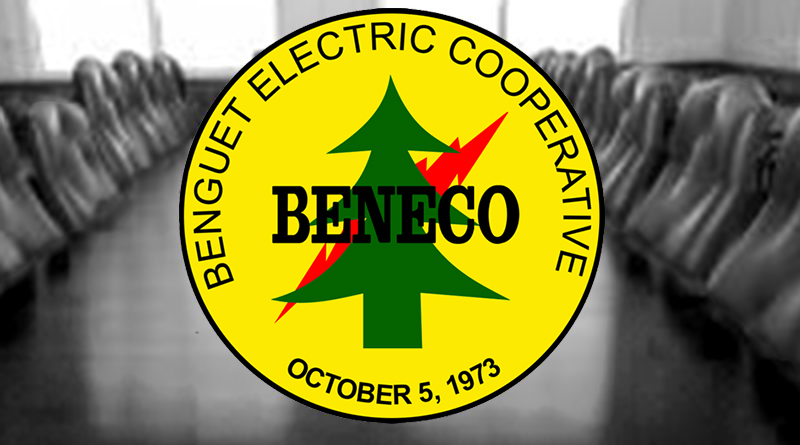BAGUIO CITY – Kalinga Rep. and Mountain Province caretaker congressman Allen Jesse C. Mangaoang said the government is not yet ready for the implementation of a total ban on the export of minerals because of the reported absence of the needed industries that will utilize the produced minerals aggravated by the high production cost.
Mangaoang, vice chairman of the House committee on natural resources, said there are pending proposals in the House of Representative to totally ban the export of minerals but it is not the priority of legislators to dwell on the matter considering the presence of intervening factors that will have a significant on the country’s projected economic growth.
“The government is not yet actually ready to impose a total ban on the export of minerals. We still need to address priority concerns on power cost to be able to reduce the production cost of minerals before thinking of banning the expert of the produced minerals,” Mangaoang stressed.
The Kalinga lawmaker underscored that the country’s prevailing power rate is one of the highest in the Asia-Pacific region that is why the prodeucti9on cost of products is obviously high too, thus, the need for concerned government agencies to take a closer look into how the issue could be addressed before moving forward to deal with other aspects of the economy that could result to bigger growth in the future.
According to him, reducing the country’s prevailing power rates by 50 percent will definitely be an added boost in efforts of businesses to reduce their operational and production cost leading to cheaper products and better chances of circulating the produce in the country without venturing on the available markets in other countries.
Mangaoang, who is a geologist by profession, claimed the contribution of mining to the country’s economy is only 0.7 percent considering that only 1.5 percent of the country’s mineralized areas is being utilized for mineral production, thus, the need for the development and utilization of more mineralized areas before trying to work on the possible total ban on the export of minerals.
While it is true that the effect of mining to the country’s economy is too small, he added that critics of the industry should look into the development of the host and neighboring communities, especially in terms of job generation, infrastructure, social services, livelihood among others for them to see the importance of the industry to the living condition of the people in the said places.
The House committee official claimed that once mining is done the proper way, its negative impact to the state of the environment, the ancestral lands of indigenous cultural communities and indigenous peoples, the sources of potable water for surrounding communities, the economic activities and sources of livelihood of the people and the state of development in the identified areas will surely be enhanced to pave the way for rural and countryside development that will entice the present and future generations to live in the countryside instead of flocking to the urban areas and contribute to the problems of rapid urbanization.
By HENT













